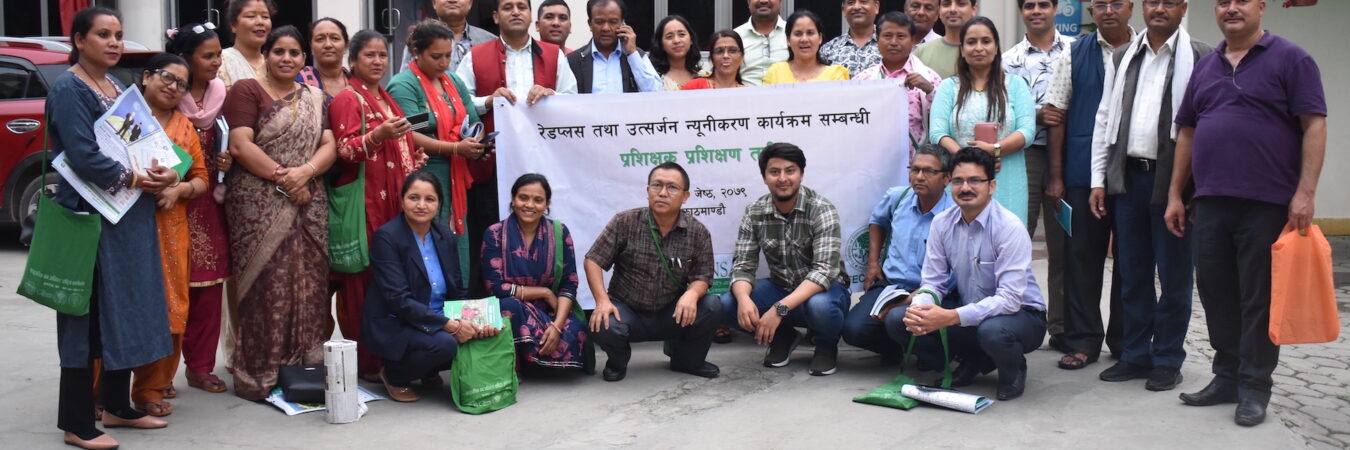
Forest carbon partnership facility capacity building program (Phase III): Best practices and lessons learned
The key lessons learnt from this project are as follows:
- This project has successfully demonstrated that effective and meaningful participation of CSOs and LCs can be enhanced in the REDD+ process through targeted capacity building, providing relevant technical knowledge, and strengthening networks of LCs and CSOs. With capacity building activities at the community level and initiatives to safeguard community’s concerns in policy processes, the project has raised awareness among these communities about their ability to access benefits from ERP. In Nepal, certain communities have already been equipped with the necessary technical details to access benefits from ERP once it becomes operational. Given that the emission reduction payment is yet to be fully implemented, ongoing capacity building activities for LCs and CSOs during this phase are crucial. Specifically, training on the procedures to access benefits from ERP and the development of technical skills to create proposals will be essential. Sustained capacity building on REDD+, ERP and BSP to LCs, especially for women and youth along with the local governments/agencies are also necessary.
- To ensure long-term effectiveness, capacity building projects should be extended in duration, and there should be increased investments in both formal and informal capacity building measures. This includes providing training on new developments at national and global levels, such as emission reduction programs, benefit sharing mechanisms, carbon rights, and carbon markets. Additionally, relevant technical skills development, such as carbon monitoring and alternative livelihoods, should be emphasized for LCs and other stakeholders.
- Recognizing that the capacities of CSOs vary across regions, with CSOs in East Asia and South Asia having stronger capabilities compared to those in the Pacific region, it is crucial to design specific capacity building programs for local CSOs in the Pacific. These programs should focus on enhancing their technical and administrative capacities to effectively carry out capacity building initiatives within local communities.
